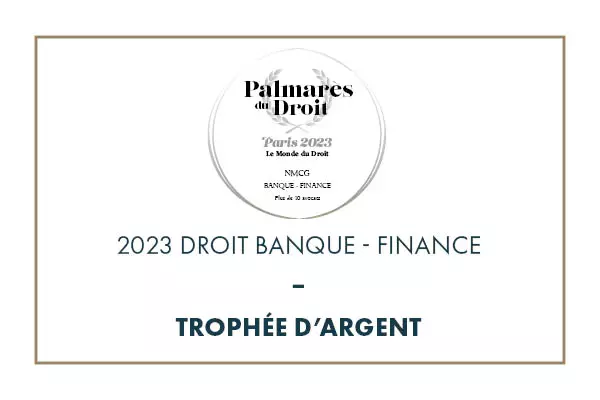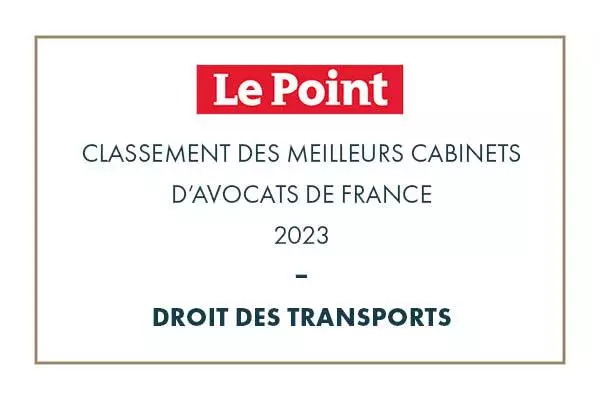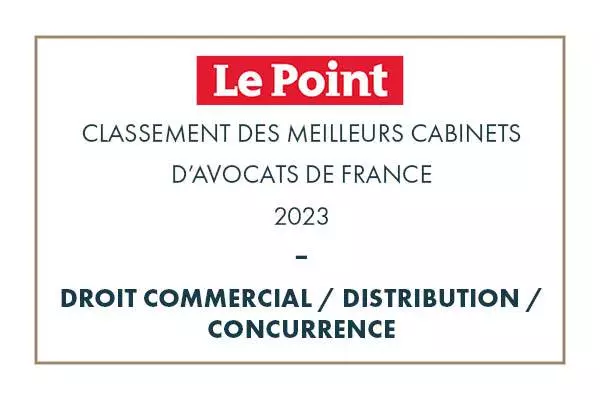No nullity of the credit transaction merely because of a violation of the banking monopoly
1 October 2022
Cass, Com, 15 June 2022, n°20-22.60
In a decision dated 15 June 2022, the Commercial Chamber of the Court of Cassation stated that a credit transaction concluded in disregard of Article L. 511-5 of the Monetary and Financial Code is not null and void by reason of this violation alone.
1. What does the law say about this famous banking monopoly rule?
What is commonly referred to as the “banking monopoly” is the prohibition on any person other than certain categories of entities authorised for this purpose from carrying out banking transactions on a regular basis.
This rule is summarised unequivocally in Article L.511-5 of the Monetary and Financial Code:
“It is prohibited for any person other than a credit institution or a finance company to carry out credit transactions on a regular basis.
The penalties attached to this article are three years’ imprisonment and a fine of EUR 375 000.
What is a “credit transaction”?
Article L.313-1 defines it as “any act by which a person acting for valuable consideration places or promises to place funds at the disposal of another person or makes, in the latter’s interest, an undertaking by signature such as an endorsement, a bond or a guarantee.
2. In practice
Under the terms of a contract signed in 2012, a company specialising in two-wheelers undertook to purchase a certain quantity of discounted products each year for five years.
The supplier company granted its business partner an advance of €30,000, repayable in five annual instalments of €6,833 each.
The manager of the two-wheeler company and his wife became joint and several guarantors of the commitments thus entered into.
The two-wheeler company then went into receivership.
The supplier and lender company then sued the guarantors for payment of the amount still due in respect of what it described as an “advance on discounts”.
The Paris Court of Appeal considered that the advances on discounts granted did indeed constitute a credit transaction within the meaning of Article L. 313-1 of the Monetary and Financial Code, which therefore violated the prohibition of Article L. 511-5 of the same code cited above.
Indeed, the product purchase contract expressly provided for an “advance” and a “loan amount of 30,000 euros with an APR of 4.50% per annum”, and the “repayment terms” provided for were annual instalments of 6,833 euros each 31 December.
Moreover, the supplier itself admitted to practising this advance payment system with most of its customers.
The Court of Appeal therefore ruled that the contract entered into in violation of the banking monopoly had to be annulled as regards the credit component.
The supplier-company appealed to the Court of Cassation on the grounds that there was no credit, but only payment deadlines or advances.
Thus, according to the company, this was not a purely financial transaction, but an inseparable complement to the exclusive supply contract within the scope of its usual activity.
It also complains that the judgment annulled the contract, whereas the mere violation of the banking monopoly does not imply the nullity of the contracts concluded.
3. Opinion of the Court of Cassation
The first difficulty for the Court of Cassation was to determine whether the facts giving rise to the appeal constituted a credit transaction or not.
Depending on this qualification, it is then possible to decide whether or not the banking monopoly as provided for in Article L. 511-5 of the Monetary and Financial Code has been violated.
The Court of Cassation took up the evidence raised by the Paris Court of Appeal:
In particular, it accepted the argument that the title of the disputed contract was ‘lubricant loan amount’. It is true that the judge is not bound by the name of the act, but it was an indication of the parties’ intentions.
Furthermore, this loan was accompanied by a “high interest rate” and the contract referred to the overall effective rate “mentioned in any writing evidencing a loan contract”. Finally, the appeal judges had noted that the company indicated that it usually provided this type of loan to its customers.
The combination of all these elements convinced the Court of Cassation that there had been a violation of the banking monopoly in terms of banking operations, as provided for in Article L.511-5 of the Monetary and Financial Code.
But to what effect? This is where the opinion of the Cour de cassation differs from that of the Paris Court of Appeal.
Indeed, the Commercial Chamber of the Court of Cassation specifies in its decision that “the mere fact that a credit transaction was concluded in disregard of this prohibition is not such as to lead to its cancellation”.
In other words, the mere violation of the banking monopoly rule cannot be sufficient to cancel the contract.
In so doing, it reiterated the established case law of the Assemblée plénière, which had stated that “the mere failure of a credit institution to comply with the authorisation requirement, […] which subordinates the exercise of its activity, is not of such a nature as to entail the nullity of the contracts that it has entered into” (Cass., ass. plén., 4 March 2005, No. 03-11.725).
It should be noted that the reasoning used is subtle: for the Commercial Chamber, the mere violation of the monopoly rule is not sufficient to render the deed null and void, but may, on the other hand, combined with other factual elements (for example, the lender fraudulently presents himself as a credit institution), constitute a constitutive element of the defect in the formation of the deed.
In conclusion, although the violation of the banking monopoly is punishable under criminal law, it does not in itself entail any civil penalty















































